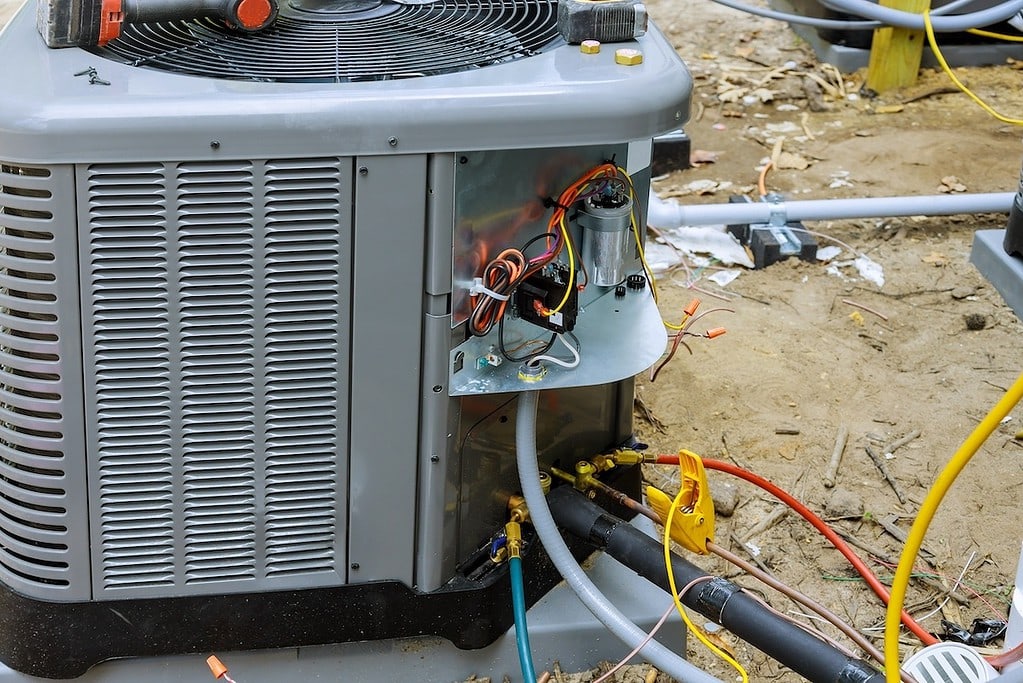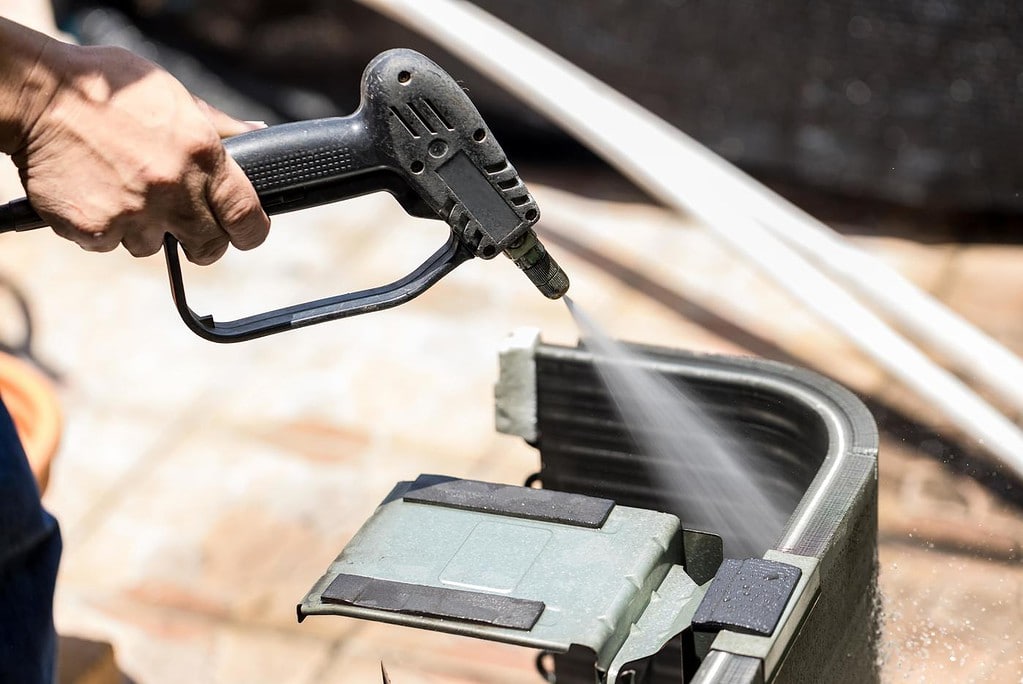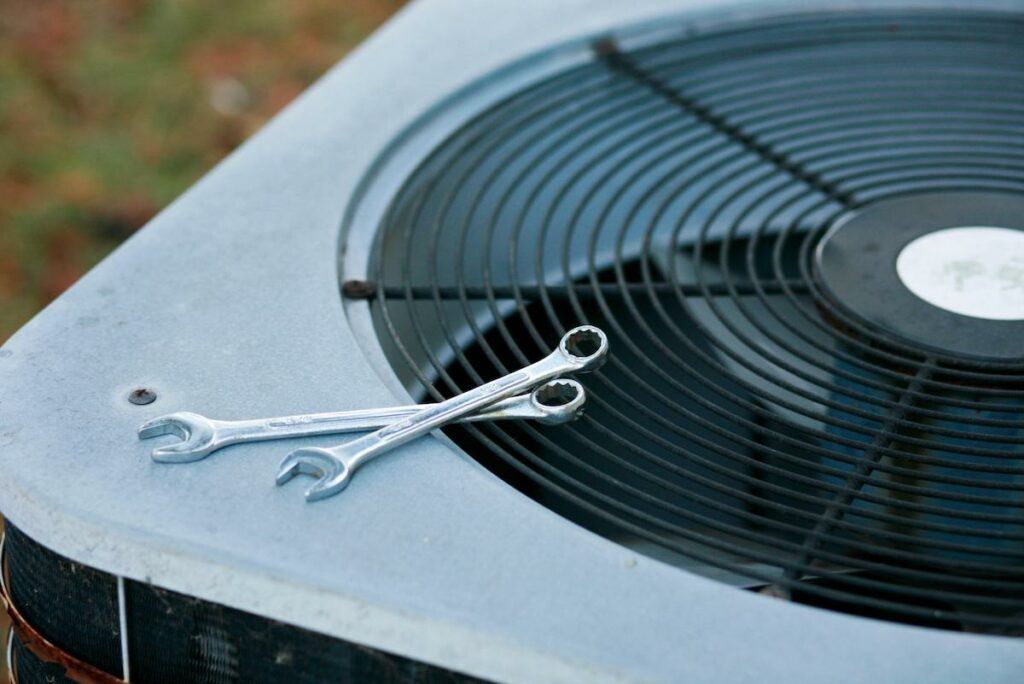Apply for Flexible Payment Solutions with Our Financing Options.
Preventing Compressor Failure: The Importance of HVAC Maintenance
In North Texas, where extreme weather conditions prevail, ensuring comfort is a challenge embraced by everyone. Our HVAC (Heating, Ventilation, and Air Conditioning) systems work tirelessly, enduring scorching summers and freezing winters. Regular HVAC maintenance is essential to keep our homes and businesses comfortable in this dynamic climate. By prioritizing HVAC maintenance services in North Texas, we guarantee that our systems operate at their best, delivering optimal performance and reliable comfort throughout the year.
Table of Contents
What’s Under the Hood of Your HVAC System?
Think of your HVAC system as a car. There are many parts, and they all need to work together smoothly. At the heart of it all is the compressor. This part plays a critical role in heating and cooling by compressing refrigerant and circulating it through the system. The compressor is like the engine of your HVAC system, and if it fails, the whole system can break down.

Compressor Failures and Their Causes
Just like a car engine, the compressor can fail if it’s not looked after properly. In North Texas, HVAC systems work extra hard due to the weather, making compressors more susceptible to failure. But why do compressors fail in the first place?
The primary reason is poor maintenance. When air filters are dirty, or coils are clogged, it becomes hard for the compressor to push air through. It’s similar to how you would feel if you tried to run with a heavy backpack – you’d have to work harder and you’d get tired quickly.
When a compressor works too hard, it generates more heat, which can cause it to wear out and fail faster. Just like how a car needs regular oil changes and tire rotations, your HVAC system needs regular maintenance to keep everything running smoothly.
It’s important to know the signs of a failing HVAC compressor, so you can address the issue before it leads to a full system breakdown. Here are some common signs to watch out for:
• Unusual Noises: If your HVAC system starts making strange noises, like humming or rattling, it could be a sign of a problem with the compressor.
• Warm Air: If your system is blowing warm air instead of cold, it could indicate that the compressor isn’t properly cooling the refrigerant.
• Hard Starting: If your HVAC system stutters or seems to struggle when starting up, this is called “hard starting,” which could signal a compressor issue.
• System Tripping Circuit Breaker: If your HVAC system is constantly causing the circuit breaker to trip, it could be due to an overworked compressor drawing too much power.
• Vibrations: If you notice your outdoor unit is shaking or vibrating when it starts, this can be a symptom of a failing compressor.
• Pooled Liquid: If you see any liquid pooling around your HVAC unit, it could be a refrigerant leak, which could indicate a problem with the compressor.
If you notice any of these signs, it’s best to call a professional HVAC technician to inspect your system. Compressor repairs can be complex, and attempting to repair it yourself could cause more harm than good. In North Texas, Spectrum Heat and Air offers skilled technicians who can diagnose and repair compressor issues to ensure your HVAC system is running smoothly.
How Regular Maintenance Helps
Regular maintenance is a bit like a health check-up for your HVAC system. It can help spot potential issues early on, before they turn into costly repairs or replacements.

So, what do regular HVAC maintenance services in North Texas include? Here’s a quick rundown:
- Changing Air Filters: Dirty filters restrict airflow and make the compressor work harder. Filters should be replaced every 1-3 months, depending on the type and usage.
- Cleaning Coils: Dust and grime can build up on the coils over time, reducing their efficiency and causing the system to overheat. Regular cleaning helps ensure optimum performance.
- Checking Refrigerant Levels: If there’s too little refrigerant, the compressor will overwork and might eventually fail. Regular checks help maintain the correct levels.
- Inspecting Electrical Connections: Faulty connections can cause unsafe operation and reduce the life of major components.
All these tasks contribute to extending the life of the compressor and the HVAC system as a whole. They help the system run smoothly, improve efficiency, and could save you money in the long run.
Our Bi-Annual Maintenance Program
We take HVAC maintenance to another level with our comprehensive Maintenance Plan. Understanding the importance of regular, preventative maintenance in ensuring your comfort and preventing costly repairs, and we have designed a plan to meet your needs. Our plan offers a bi-annual comprehensive check of your HVAC system, covering everything from cleaning and adjusting burner assembly to checking refrigerant levels. More importantly, our maintenance plan members receive priority service, discounts on repairs, and no overtime charges, ensuring a hassle-free and cost-effective solution to your HVAC system maintenance.

The Importance of Professional Services
While some maintenance tasks can be done by homeowners, like changing air filters, others require professional service. Technicians have the training and tools to perform tasks like cleaning coils or checking refrigerant levels safely and effectively. Plus, if a potential issue is spotted, they can address it right away.
Regular HVAC maintenance services in North Texas are especially important for businesses and homes, where HVAC systems work hard year-round due to the weather extremes.
Conclusion
Living in North Texas, we rely on our HVAC systems to keep us comfortable. With regular maintenance, we can help ensure these systems work efficiently and last longer.
Just like how we take care of our cars or our health, looking after our HVAC systems should be a priority. So, let’s take steps today to prevent compressor failure and maintain the comfort of our homes and businesses.
Remember, regular HVAC maintenance is not just about preventing issues, but also about ensuring comfort for everyone. After all, isn’t that what HVAC is all about?

